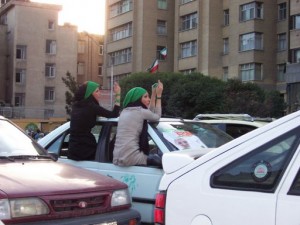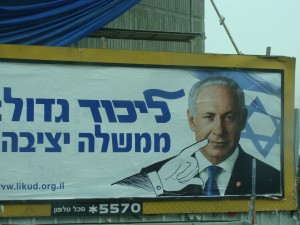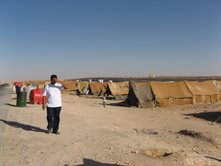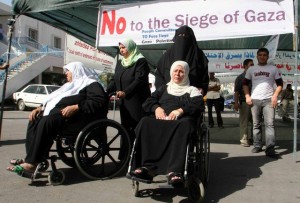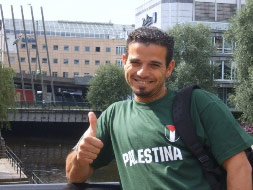 The Electronic Intifada, November 9, 2009
The Electronic Intifada, November 9, 2009
Is Israel threatened by the BDS movement? Maan News Agency, November 11, 2009
For over six weeks now Mohammed Othman, a prominent Palestinian activist and an outspoken advocate of the nonviolent boycott, divestment and sanctions (BDS) movement, has been held in an Israeli military prison without charges. On 22 September 2009 Othman, 34, was detained at the Allenby Crossing as he attempted to enter the occupied West Bank from Jordan. He was returning from a trip to Norway, where he met with Finance Minister Kristin Halvorsen, amongst other officials.
At the beginning of September, Finance Minister Halvorsen announced Norway’s divestment from the Israeli company Elbit due to “ethical concerns.” Elbit provides security systems for Israel’s wall in the West Bank and illegal settlements as well as unmanned aerial vehicles (commonly known as drones) and other technology for the Israeli military. According to many Middle East analysts and human rights groups, Othman played a pivotal role in Norway’s decision to disassociate from Elbit.
 A blockade that doesn’t apply to lulavim
A blockade that doesn’t apply to lulavim
